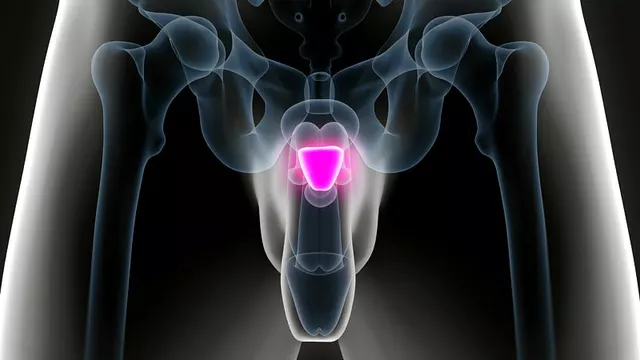Major Depressive Disorder (MDD): What to Watch For and How to Start Getting Help
Depression is more than feeling sad. Major depressive disorder can change how you think, sleep, eat, and work. Many people think they must “tough it out,” but MDD is treatable. Spotting warning signs early and getting the right care shortens recovery and lowers risk of emergencies.
Common signs include low mood most days, loss of interest in things you used to enjoy, big changes in sleep or appetite, low energy, trouble concentrating, and frequent negative thoughts. If these symptoms last two weeks or more and affect daily life, talk to a healthcare provider. If you have thoughts of harming yourself, seek urgent help right away.
Medications and common concerns
Antidepressants are a main treatment for MDD. SSRIs (like Celexa/citalopram), SNRIs, tricyclics (like imipramine), and newer options all have roles depending on your symptoms and medical history. Our Celexa article explains how that SSRI works, expected benefits, and side effects you might notice early on.
Herbal supplements can cause real problems with some antidepressants. St. John’s wort, valerian, and kava can change effects of tricyclics such as imipramine, sometimes raising drowsiness or changing mood. Tell your doctor about any herbs, vitamins, or over-the-counter meds you use. If you’re reading about drug interactions, our imipramine and herbal interaction guide has clear examples to discuss with your prescriber.
Side effects matter. Nausea, sleep changes, sexual issues, or weight shifts are common at first. Most side effects ease in weeks; some require a dose change or different drug. Don’t stop a medication suddenly—withdrawal-like symptoms can happen. If a med isn’t helping after 6–8 weeks, your doctor may try a different one or add therapy.
Practical steps you can take today
Small, consistent steps help: keep a simple daily routine, walk 20–30 minutes a day, set tiny achievable goals, and keep social contact even when you don’t feel like it. Limit alcohol and recreational drugs—they make depression worse and interfere with meds. Sleep hygiene (same bedtime, reduce screens before bed) often gives quick relief.
When you visit your provider, bring questions: How long to try this med? What side effects should I expect? Any interactions with my other meds or supplements? What should I do if I feel worse or have suicidal thoughts? Ask about therapy options—CBT and behavioral activation work well alone or with meds.
If you’re unsure where to start, consider a primary care visit or a mental health specialist. Use reliable resources to learn more—our site has plain-language articles on common meds, interactions, and what to expect. Treatment takes time, but with the right plan you can feel better. Reach out, make a plan with your clinician, and keep someone you trust in the loop.




